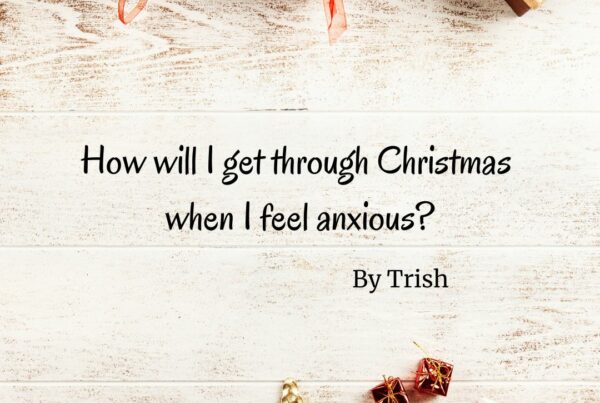By Sarah Culligan
Read more about Sarah.
A friend of mine recently experienced the death of an ex-partner which brought up a number of unexpected feelings for her. The typical grief responses set in-shock, disbelief, sadness, numbness. Alongside these fairly widely accepted feelings of loss were some more nuanced ones. She questioned her reactions, if she should contact his family or attend the funeral. She revisited memories that she had archived away after the breakup, presuming they wouldn’t ever be revisited considering it had been a painful ending of the relationship for them both.
Grieving an ex-partner is quite a unique and complicated process and one that could potentially be quite isolating. There was a sense that her emotions weren’t valid or that she should be feeling a certain way. The term we use for this in psychology and psychotherapy is disenfranchised grief.
Disenfranchised grief, also referred to as a hidden grief or sorrow, refers to any grief that goes unacknowledged or is invalidated by social norms. This type of grief is often minimised or not fully understand by others, which can make it difficult to process and work through. There are several ways in which disenfranchised guilt can present itself.
- Unrecognised relationships
- This may be the loss of a casual partner or ex
- The loss of a parent or sibling that you never knew
- The loss of an online friend or pen pal
- Loss that’s considered less significant
- Loss of possessions
- Loss of adoption or IVF that is unsuccessful
- Loss of a pet
- Loss surrounded by stigma
- An abortion
- Miscarried baby
- Loss of a loved one convicted of a crime and who is imprisoned
- Exclusion from mourning
- A classmate
- Extended family
- Co-worker
As well as the examples outlined above, certain groups may be considered to grieve differently, and in this regard their pain can be minimised. This includes those with an intellectual disability, children, or indeed, men. Society has certain expectations around how one typically responds to grief-that the person will be tearful, withdrawn, unable to function. However, grief can present in a variety of ways. It can manifest as anger, “going off the rails”, or in a lack of outward emotion entirely.
As most may be aware, grief is a process. This notion that grief goes through various stages was popularised by the Kubler-Ross model which identified universal stages of grieving including denial, anger, bargaining, depression and acceptance. Our understanding of grief has progressed since this model was initially developed. We understand that grief is much more complex. It is not a linear process, rather one that dips in and out of various stages at different times.
With disenfranchised grief, the process becomes more complicated. These feelings may be minimised or invalidated by others. The person may not even feel they are allowed or able to share their grief with others. So, added to the existing feelings of grief, there may be a questioning of their own feelings and a sense of isolation. This in turn interrupts the grieving process.
During the current pandemic, every one of us has experienced losses of some description. For some these losses may be the actual deaths of loved ones due to Covid. For others, however, these losses may be secondary or symbolic. For many these include the loss of a job, the loss of social contact and a social life, the perceived loss of autonomy and freedom. While many worldwide face the potential threat of illness or death due to this pandemic, there is a tendency for those of us who are healthy or young to either suppress or stifle their own sense of loss and grief, or have it stifled by others. People generally engage in this suppression of emotion as they feel it will help put things in perspective and help them “get over it”. It generally doesn’t work though, and leads to feelings of guilt and shame around our sense of loss.
Collectively, we have all experienced loss due to the Covid-19 pandemic. To suppress our response to this, will not only act to further exacerbate our feelings of grief, it will also likely add a sense of guilt or shame around our feelings. While grief is not straightforward and it is very much an individual road to navigate, there are some things to consider in order to help you with the process. Firstly, while others may minimise the loss, it is important to acknowledge and validate your own grief and to view it as legitimate. Seek support from those who understand and won’t make you feel as though you are overreacting or being self-involved.
We are living in unprecedented times where there is a perceived loss of control, as well as a lack of certainty regarding our future. Journaling, meditative practices and finding alternative ways to connect can all assist in this journey. However, as already stated it is very much an individual process with no right or wrongs. We are all impacted differently and all cope differently. The Covid-19 pandemic has significantly altered us individuals, and as a collective, and has disrupted our sense of safety in the world. It is important that we acknowledge this pain.
#covid19 #coronavirus #worldcrisis #socialdistancing #flattenthecurve #whereveryouareweare #onlinecounselling #help #mentalhealth





